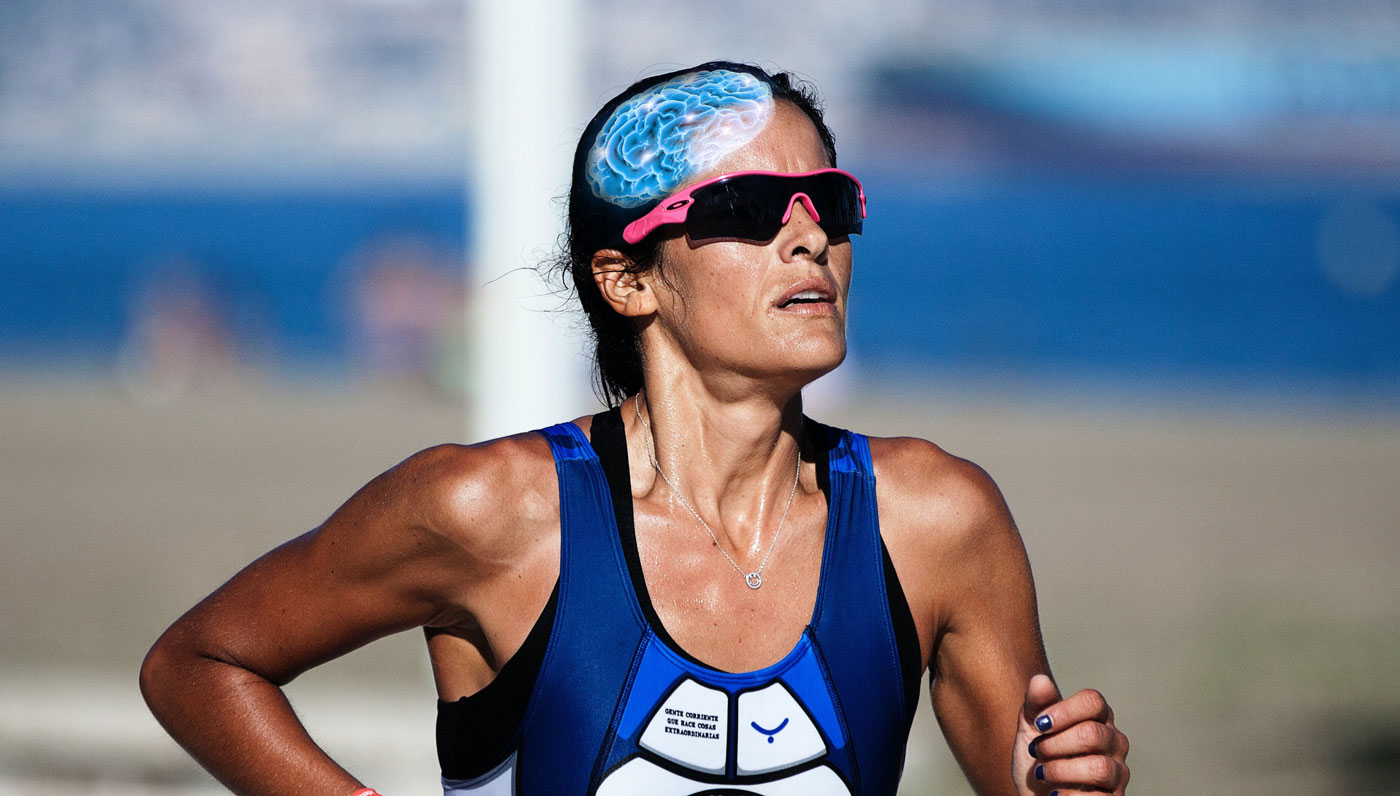
THE IMPORTANCE OF RESILIENCE IN SPORT
When it comes to sports, there are certain limits to what the physical body can reach. It is an athlete’s mind that will take them past those physical limitations and allow them to push through challenges to reach their goals. Resilience is a mental skill that is described as the ability to steer through past, present, and future obstacles, even when we feel like giving up. This mental skill is absolutely necessary for sport because during each game/performance, an athlete is faced with an obstacle. Athletes who participate in sport at a high level for extended periods of time will likely experience a number of stressors, adversities, and failures and it is how they respond to these challenges that are crucial. The good news is, resilience (like other aspects of athletic life) can be worked on and developed. Once resilience has been developed, challenges become much more manageable.
Psychologists Suzanne Kobasa and Salvatore Maddi were early influencers in the description and study of resilience. They described it as a pattern of characteristics that separated people (i.e., managers and executives in business) who remained healthy under life stress, versus those who developed health problems. In a series of research reports by Maddie and Kobasa, they found three related dispositions (Challenge, Control, Commitment) that differentiated people based on their resilience. Known as the 3 C’s – Challenge, Control, and Commitment function as a resistance resource when encountering stressful conditions. To learn more about the 3 C’s, please watch this short video discussing these in more detail.
HeadSet has used the 3 C’s model by Kobasa and Maddi and has applied it in building athlete resilience. The first of the 3 C’s is Challenge. As mentioned in the video, Challenge is when an athlete views adversity as an opportunity to grow rather than a threat. Instead of becoming defensive, athletes that see adversity as a challenge become curious and then begin to look for new angles and ideas to take on the challenge. As a result, they are able to turn difficulties to their advantage. There are two important questions regarding Challenge that each athlete should consider.
-
How will this challenge make me a better athlete in the future?
-
What opportunities are there to learn from undertaking this challenge?
US swimmer Katie Ledecky is one of the most decorated Olympians of all time and works at building her resilience each day. Here is a poignant article where she discusses taking on the everyday challenges of her sport and how it has made her stronger.
The second of the 3 C’s is Control. Control is an athlete’s belief in his/her ability to take charge of the controllable aspects of their sport. People who feel that they are in control believe that they can influence certain events and surroundings. At the same time, they recognize what is beyond their control and don’t waste time and effort trying to control those things they can’t. Instead, they stay focused on things they can.
One of the biggest obstacles an athlete can admit to is letting the uncontrollable variables in a game/performance bother them. If athletes can direct their focus to the things that they can control (e.g., how much effort they give), it can ease a lot of anxiety about those stressful situations. Canadian Olympic sprint champion Andre De Grasse has used control to his advantage in training and competition. The following article focuses on his resilience building.
Lastly, Commitment is a promise to a course of action and follow through despite roadblocks along the way. Commitment is when an athlete stays actively engaged in their sport even though they are experiencing adversity in it. People who are high in commitment feel like they are part of a larger purpose and use it as motivation. Through commitment, athletes are able to find meaning in their sport, stay involved in what they are doing, and continue to give it their best effort in continuing to strive towards achieving.
A great example of Commitment in building resilience is from US Paralympic Swimmer Jessica Long. Jessica was a featured athlete at the Paralympics in Tokyo and she was featured in a Toyota commercial which was broadcast to millions during the Super Bowl – https://youtu.be/fqWG5_7nwyk
Watch her Olympic video to hear how she uses passion and meaningful goals to stay resilient. Her passion and commitment helped her win 6 medals in Tokyo and has achieved 29 Olympic medals in total.
To learn more on how to build resilience in sport, please visit www.headsetsports.com or register for one of HeadSet’s customized mental skills programs at www.headsetsports.com/register
Tags: Resilience, Sports Mental Training, Mental Training App, Sports Mental Toughness, Sports Science, Sport and Exercise Science, Psychological Skills Training, Coaching Science.
Subscribe to the HeadSet Newsletter for the latest news and important updates.
mental toughness, mental training, resilience

